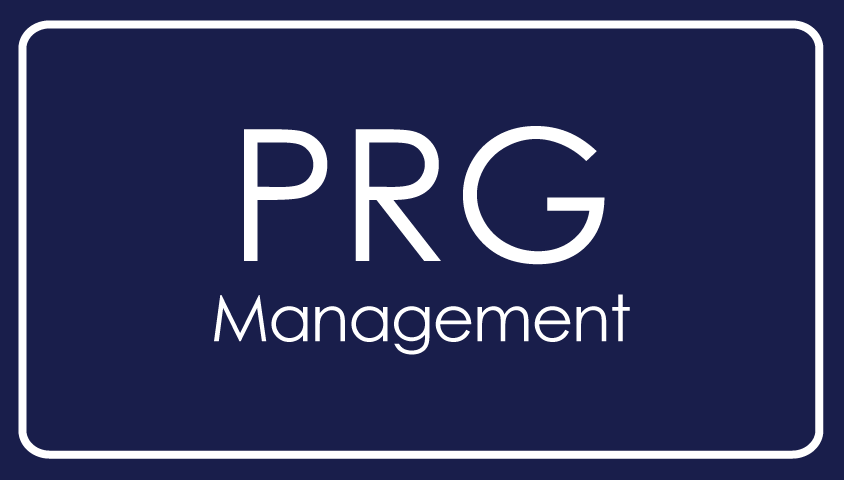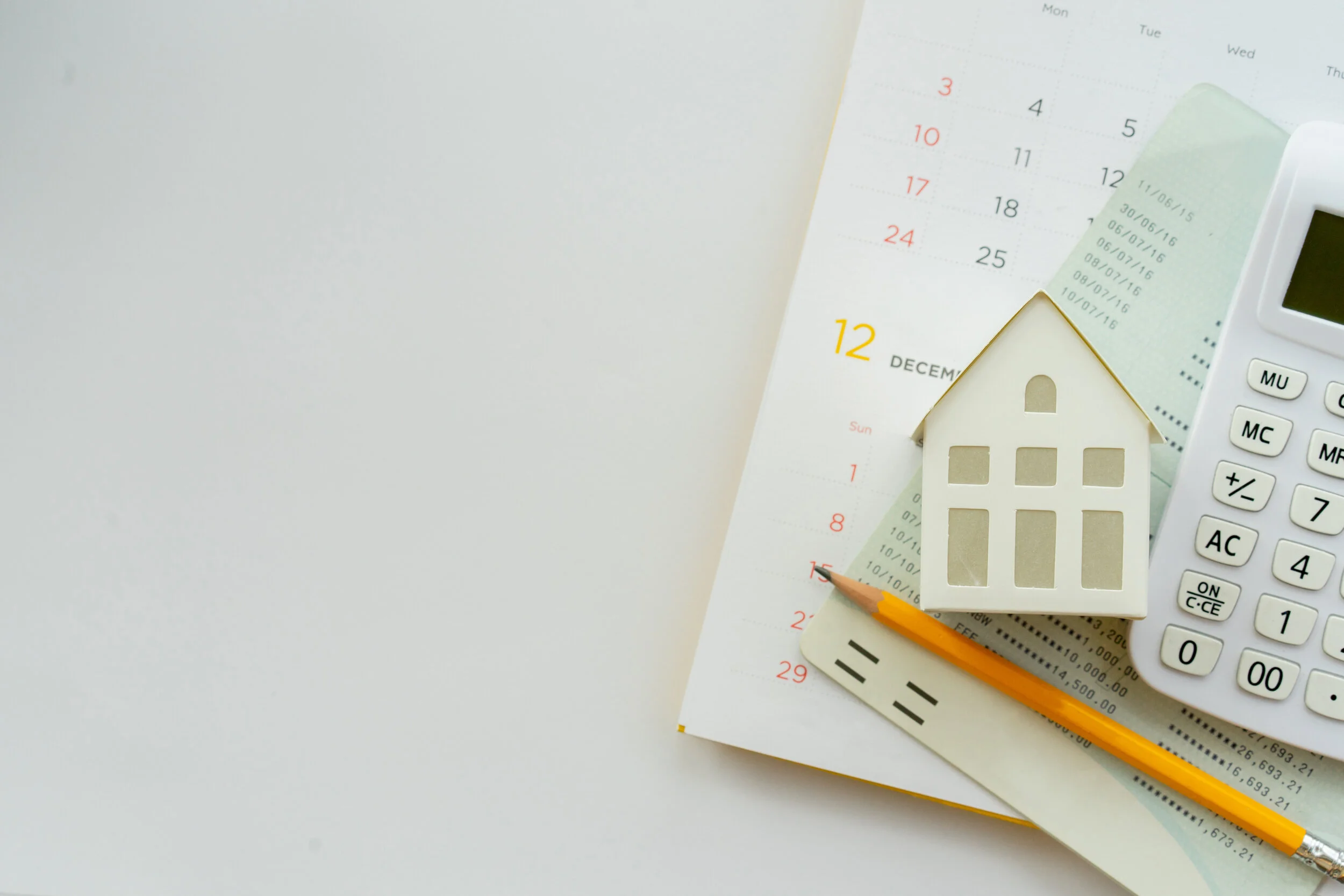Closing on your first investment property but not sure what to review during due diligence period and before closing? Stay calm, we have interviewed a property manager to get an expert's tips on how to facilitate a smooth closing.
Ask For A Tenant Estoppel
Asking for tenant estoppel is a great way to cover your tracks, and avoid future dilemmas over a tenant's lease. One thing an estoppel does is provide proof of cash flow. More importantly, estoppel prohibits a tenant from going back on their lease and making an argument that their lease should be changed. Also, this will bring to light any issues or promises that the seller has with the tenant and make sure that you as the buyer are made aware before closing.
Ask Seller For Actual Expenses
Many times the "projected" numbers are far off from the actual expenses that a property may have. Obviously, an owner may not be forthcoming with the actual numbers, however, it is still worth a shot. You never know the actual costs until you do thorough research. It may be wise to get to know the owner and figure out if you can trust him or not. This can help confirm if your initial underwriting (or investment analysis) is in-line
Complete a plumbing inspection
Plumbing issues can be costly. Typically, an inspector's process does not include an inspection of the underground sewer system. One thing to ask your inspector is if they can complete any underground plumbing camera inspection. If not, no worries! We always recommend getting a specialist out there to make sure the entire sewer is not caved in, has breaks major clogs that could cause issues in the near future.
Have Your Future Property Manager Go to the Property Before Closing
Having a reliable property manager is a necessary investment, and figuring out who it is going to be is a very wise thing to do before closing. A solid property manager will know exactly what to look for in a property. They will find costs that will be incurred in the future, that you may not have realized on your own. Generally, an experienced property manager will have a great perspective on what can and can't be done to a building, and what problems will occur in the future. Here at Pearson, we have excellent property management, and more information on this can be found here.


























